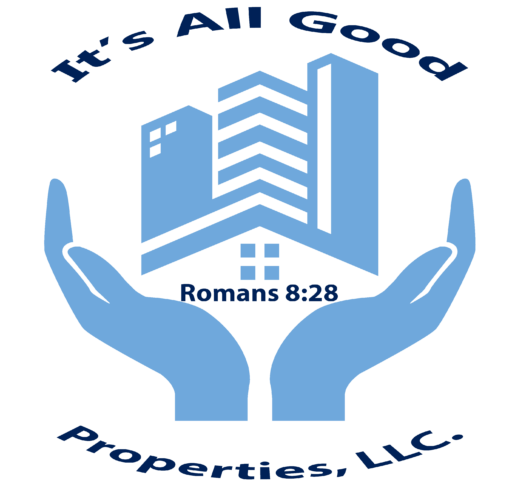
With any investment it is always wise to consider the exit strategy prior to diving in. Things may look good on paper, but reality is often a different story. As Mike Tyson famously said, “everyone has a plan until they get punched in the face.” How you want the property to go is not always the case. It is smart to have at least one solid exit strategy laid out, before even making an offer. This can change over time, but at least you will be prepared for a sudden change of plans. Markets change, finances change, and your loan term goals can change over time. The best investors are those that have their exit strategies laid out well before anything happens. Here are five rental property exit strategies you need to consider.
- Sell: Most rental property owners only think of short-term monthly cash flow. They spent hours running the ROI and monthly numbers that they fail to see the long-term big picture. It is rare that you will hold onto a rental property forever. Unless it is in a prime location with a perfect layout and consistent returns you are most likely going to sell eventually. The question you need to ask yourself if when. Do you want to hold onto it for a certain period of time until you recoup your initial investment? Is there a magic number you would take tomorrow if someone offered it? Are you looking to net a certain number? These may seem like questions for five or ten years down the road, but you should answer them now. Any work you do and updates you make impact the future value. The decisions you make when redoing the kitchen will influence the value for years down the road. Knowing when and even why you would sell should be thought about prior to taking ownership.
- Own Outright: The thought of owning your property outright and netting all the rent received is an appealing thought. However, unless you put down a large deposit this will take years to happen. Your strategy to pay down, or pay off, your loan balance should start with the first payment. If you want to own the house outright in as little time as possible you should look at your repayment schedule. The more you put towards the principal every month the faster you will pay down the balance. This works whether you are looking at a 30- or 15-year loan. It certainly won’t happen overnight but think of the impact of not having to repay a loan. You can use the property as a form of retirement or even primary income. The only items you will need to pay will be the property taxes and insurance, as well as any agreed upon utilities. If this is truly your goal you should start working towards it right from month one.
- Refinance: There are a handful of additional options available that most rental property owners aren’t aware of. It is no secret that rental property loan programs and guidelines have changed quite a bit in recent years. That being said, with the right credit score and equity you may have more options than you realize. One option to explore is a cash out refinance. These loans are usually capped at 75-80% loan to value, depending on the number of units. This means your new loan can be up to say 75% of the appraised value. You will pay off your existing first lien and keep the residual cash out to use any way you like. If used the right way the cash can help grow your business or be used as a down payment on a future property. Either way, if you have equity but don’t want to sell you can explore a refinance option.
- HELOC: Another option you have if you would like to keep your property is to add a home equity line of credit (HELOC). A HELOC is essential a new second mortgage behind the existing first lien. Everything about the first loan stays in place but you have a new loan behind it. HELOC’s are unique in that the repayment terms, rates and fees are different than a first mortgage. They offer an interest only option for the first ten years, followed by principal payments for the next ten. This keeps your payment as low as possible. They also don’t have the same closing costs and prepaids as a traditional loan. Also, you can probably find a lender who will do a line of credit for a few hundred dollars, or less.
- Stay The Course: Sometimes doing nothing is the best thing you can do. As contradictory as it sounds you can keep the property without having a dedicated exit strategy. Now, you should always be ready to act but give yourself a predetermined period of time to evaluate where you are. This can be annually, every five years or at the end of the ten-year mark. What you shouldn’t do is just pay the mortgage on the property every month without a vision or a long-term plan in mind. Take a step back every so often to consider what you want to do with the property.
Without an exit strategy you will make decisions without much thought or reason. Bracing for the unexpected is a way to be one step ahead of anything that comes your
way.
See the original at https://www.cthomesllc.com/2019/05/rental-property-exit-strategies/

